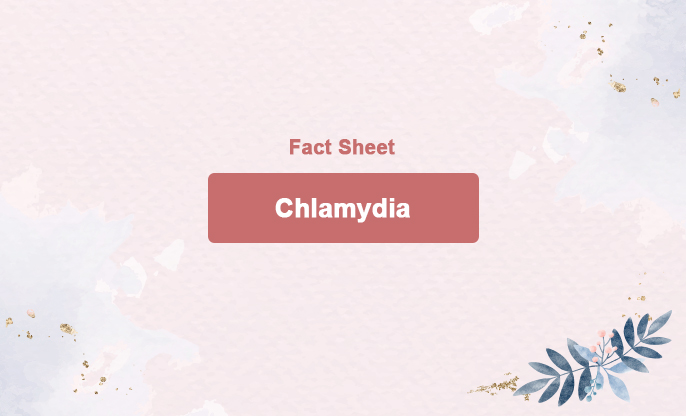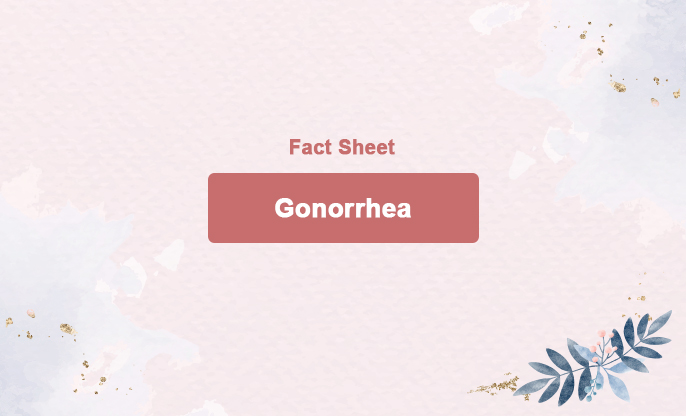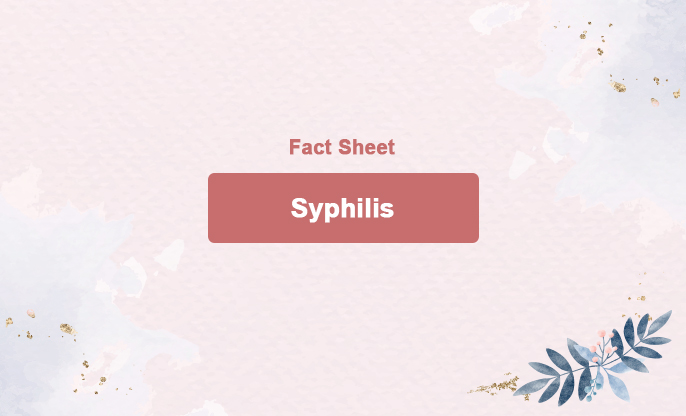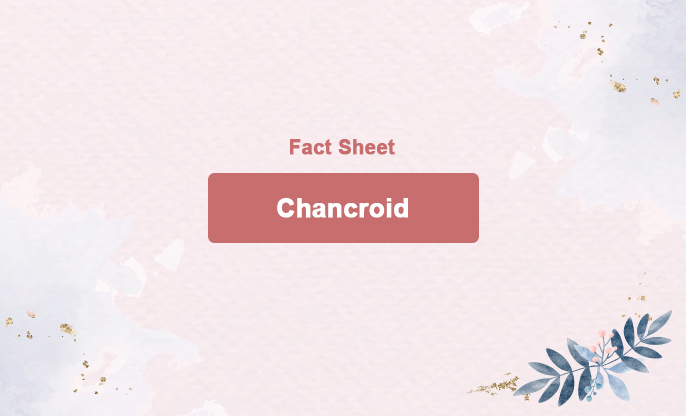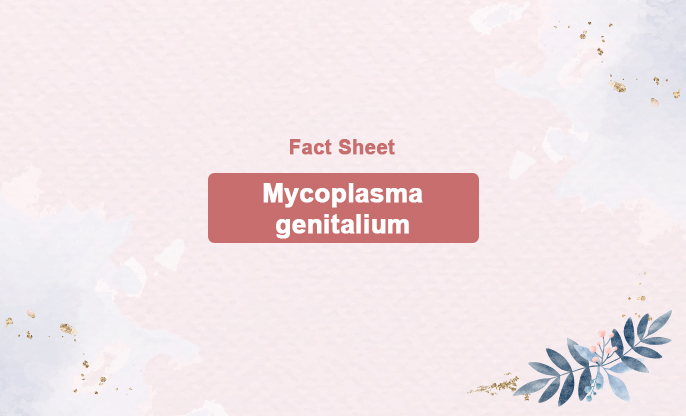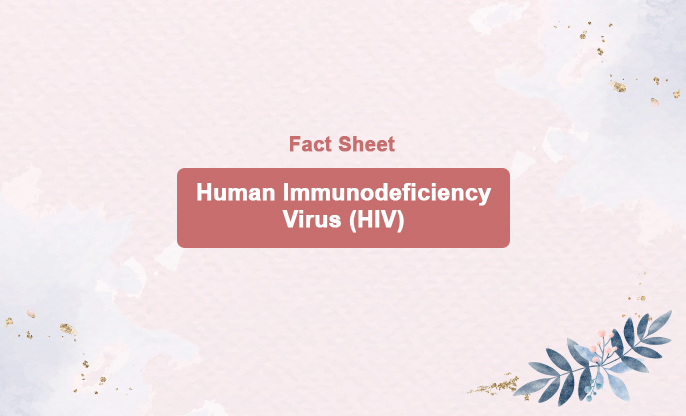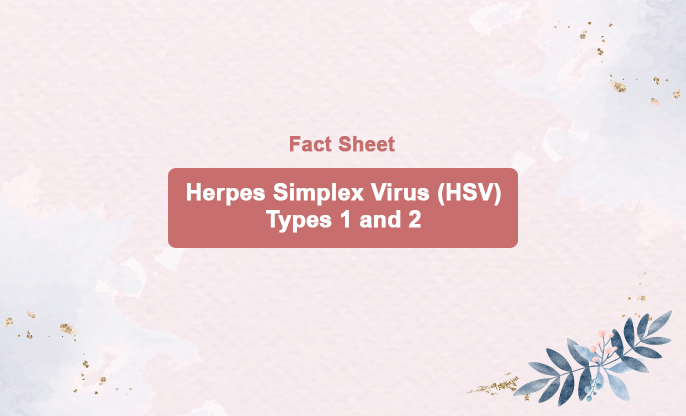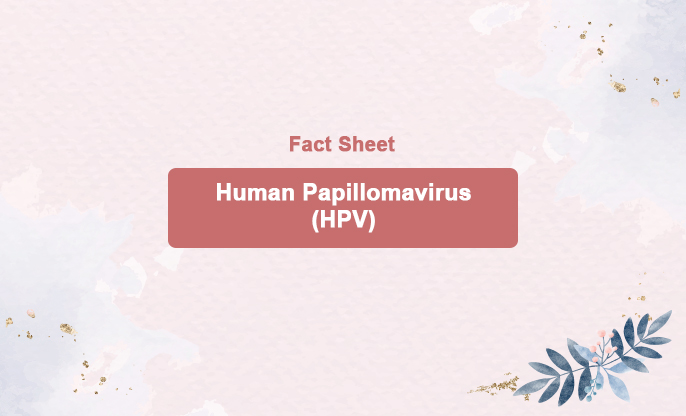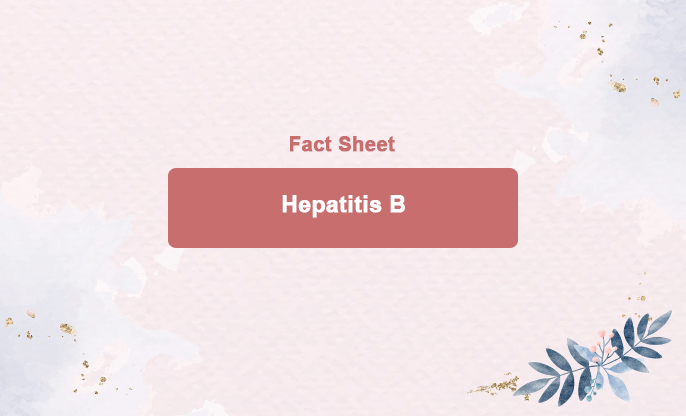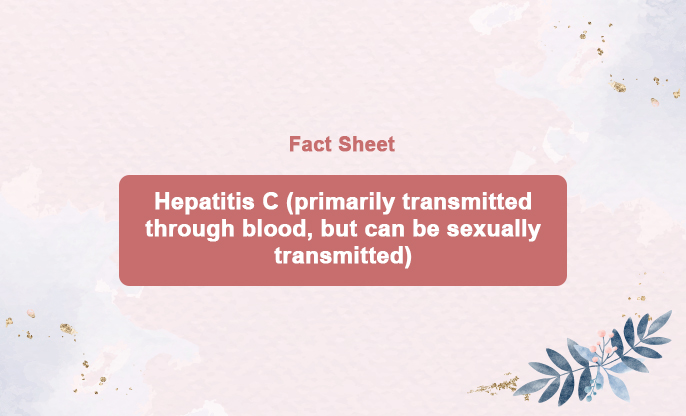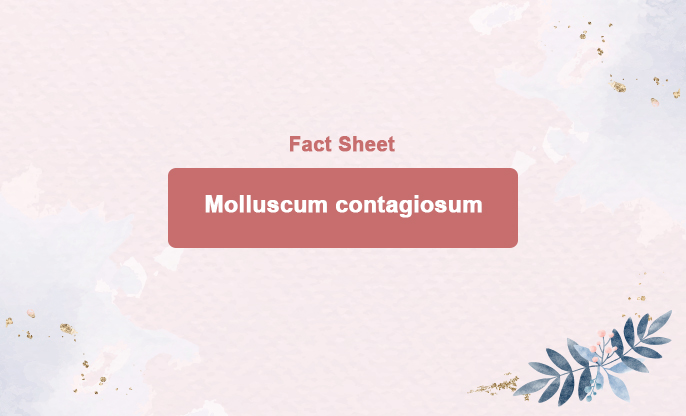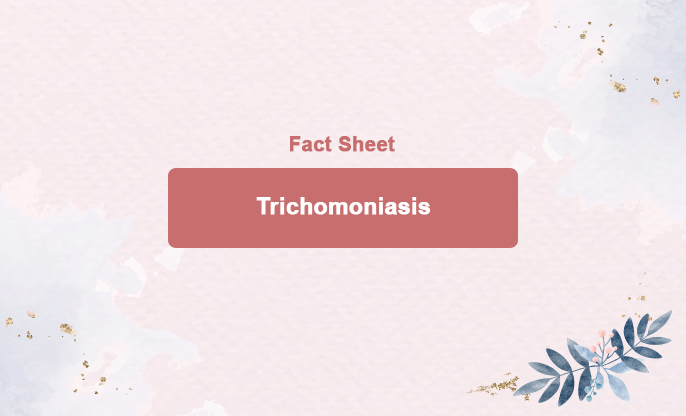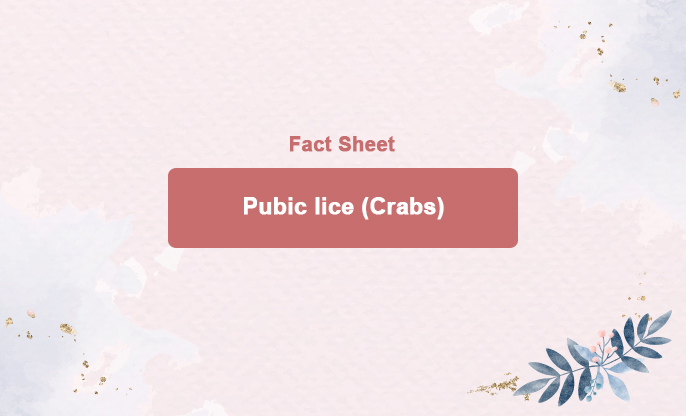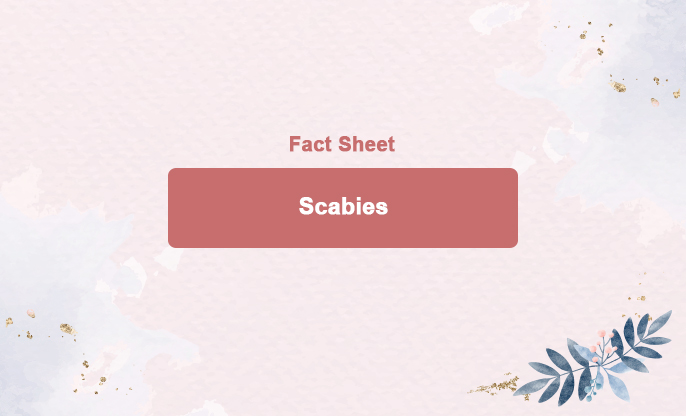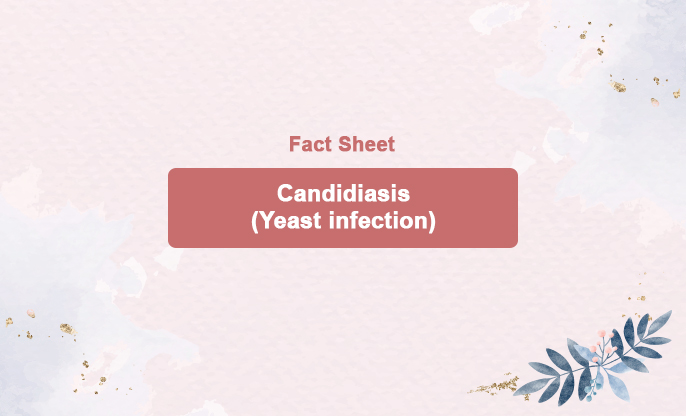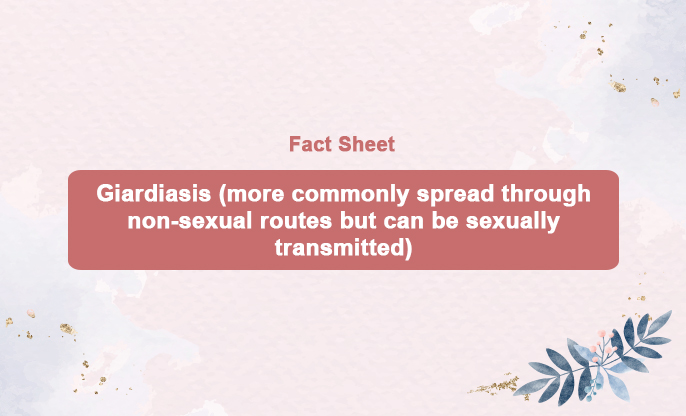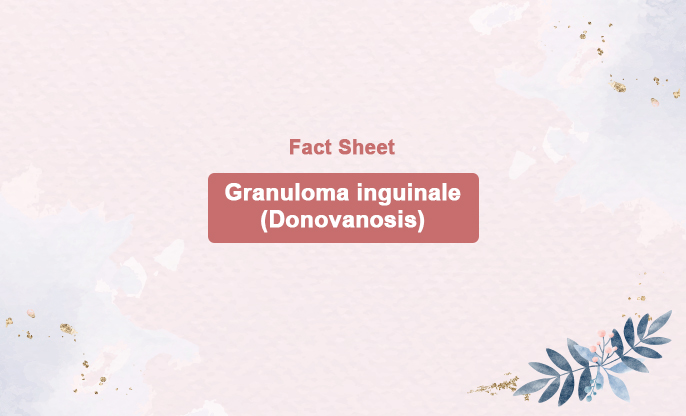
What is this?
Granuloma inguinale, also known as Donovanosis, is a sexually transmitted infection caused by the bacterium Klebsiella granulomatis. It is caused by Klebsiella granulomatis (formerly known as Calymmatobacterium granulomatis). It is transmitted Primarily through sexual contact. It can also be transmitted through non-sexual contact with infected lesions or contaminated objects. Granuloma inguinale is a chronic and potentially destructive infection, but with appropriate antibiotic treatment, it can be effectively managed and cured.
Granuloma inguinale, also known as Donovanosis, typically presents with distinctive symptoms, primarily affecting the genital and perineal areas. Here are the key symptoms:
Initial Lesions:
Nodular Lesions: The infection begins with small, painless nodules or lumps in the genital or perineal area.
Ulcerative Stage:
Ulcers: The nodules break down to form beefy-red, granulomatous ulcers. These ulcers have a characteristic velvety appearance and bleed easily when touched.
Edges: The edges of the ulcers are typically raised and rolled.
Location of Lesions:
Genital Area: Most commonly on the external genitalia, including the penis, scrotum, labia, and vulva.
Perineal Area: Lesions may also appear around the anus and perineum.
Other Areas: In some cases, lesions can appear in the inguinal region, mouth, pharynx, or abdomen through autoinoculation or spread.
Progression:
Spread of Ulcers: Without treatment, the ulcers can enlarge and coalesce, leading to extensive tissue destruction.
Scarring: Healing ulcers may leave significant scarring and deformity.
Secondary Infections:
Superinfection: The ulcerated areas can become secondarily infected with other bacteria, leading to additional symptoms like increased pain, swelling, and discharge.
Systemic Symptoms:
Typically, granuloma inguinale does not cause systemic symptoms such as fever or malaise. It is primarily a localized infection.
Complications:
Scarring and Deformity: Significant tissue damage and scarring can occur if the infection is not treated promptly.
Lymphatic Obstruction: Chronic infection and scarring can lead to obstruction of lymphatic vessels, causing lymphedema (swelling due to lymph fluid buildup).
Spread to Other Areas: Rarely, the infection can spread to other parts of the body, including the bones, liver, and other organs, through the bloodstream (hematogenous spread).
Diagnosis:
Clinical Examination: Observation of characteristic lesions.
Laboratory Tests: Detection of Donovan bodies (intracellular bacteria) in tissue smears or biopsy samples stained with Wright's or Giemsa stain.
How is it transmitted?
Granuloma inguinale, caused by the bacterium Klebsiella granulomatis, is primarily transmitted through sexual contact( vaginal, anal, or oral). Transmission can also occur through close genital contact even without penetration if the skin or mucous membranes come into contact with infected secretions or lesions.
Rarely, the infection can spread through direct contact with open ulcers or lesions on the skin or mucous membranes. Though uncommon, transmission can potentially occur through contact with contaminated objects (fomites) that have come into contact with infected lesions.
The bacteria can spread from one part of the body to another through autoinoculation. For example, touching an infected lesion and then touching another part of the body without washing hands can lead to the spread of the infection to new areas.
Standard treatment protocol and time:
First-Line Treatment:
Azithromycin:
Dosage: 1 gram orally once a week, or 500 mg daily.
Duration: At least 3 weeks and until all lesions have completely healed.
Alternative Treatments:
Doxycycline:
Dosage: 100 mg orally twice daily.
Duration: At least 3 weeks and until all lesions have completely healed.
Ciprofloxacin:
Dosage: 750 mg orally twice daily.
Duration: At least 3 weeks and until all lesions have completely healed.
Erythromycin:
Dosage: 500 mg orally four times daily.
Duration: At least 3 weeks and until all lesions have completely healed.
Trimethoprim-sulfamethoxazole:
Dosage: 160 mg/800 mg (one double-strength tablet) orally twice daily.
Duration: At least 3 weeks and until all lesions have completely healed.
Monitoring and Follow-Up:
Continued Treatment: Continue the antibiotic therapy until all lesions are fully healed, which may take longer than 3 weeks in some cases.
Test of Cure (TOC): Follow-up visits to ensure the infection has cleared completely, and to monitor for potential recurrence of lesions.
Reevaluation: If lesions do not respond to treatment or recur after treatment, reevaluation and possibly extending or changing the antibiotic regimen may be necessary.
Considerations:
Antibiotic Resistance: Although Klebsiella granulomatis generally responds well to the antibiotics listed, it is essential to follow up and ensure that the treatment is effective.
Partner Treatment: Sexual partners should be informed, tested, and treated if necessary, to prevent reinfection and further spread.
Avoiding Sexual Activity: Patients should abstain from sexual activity until treatment is complete and follow-up tests confirm the infection is cleared.
Complications Management:
Secondary Infections: If secondary bacterial infections occur, additional antibiotics may be required.
Scarring: Severe cases with significant tissue destruction may require surgical intervention or reconstructive procedures after infection clearance.
How to avoid it?
Safe Sex Practices: Consistent and correct use of condoms during all forms of sexual activity.
Limiting Sexual Partners: Reducing the number of sexual partners to lower the risk of exposure.
Regular STI Screenings: Routine screening for sexually transmitted infections for sexually active individuals, especially those at higher risk.
Prompt Treatment: Seeking immediate medical attention and treatment if symptoms of granuloma inguinale or any other STI appear.
